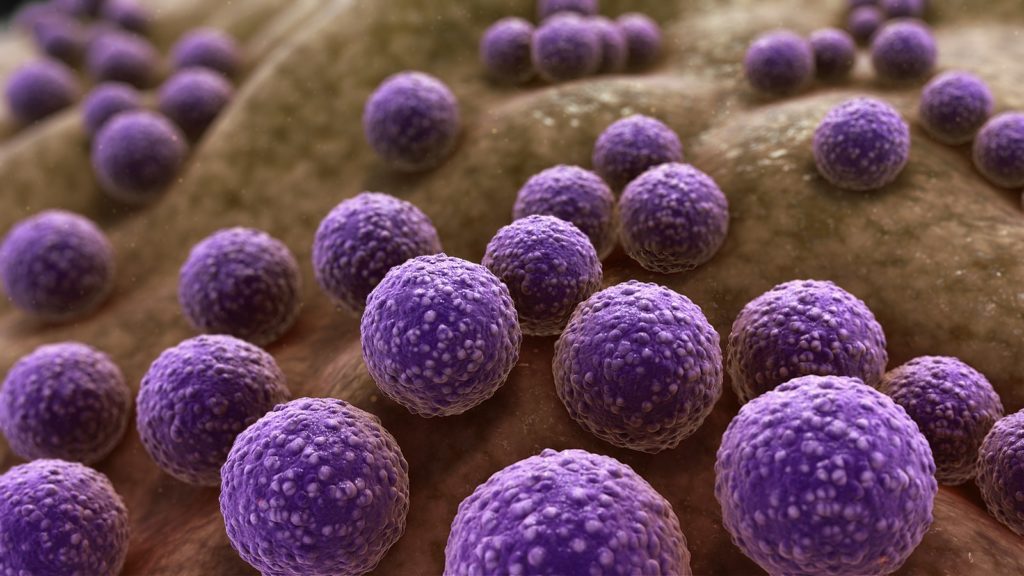The potential for new treatments for inflammatory bowel disease (IBD), rheumatoid arthritis, multiple sclerosis, diabetes and autism has improved after scientists successfully mapped the genes of a parasitic worm in pigs.
Published in the influential journal Nature Genetics, the findings of a global study of the porcine whipworm Trichuris suis could carry major ramifications for world health.
Griffith University’s Associate Professor Andreas Hofmann is one of the authors of the study that involved 11 institutions in six countries and included the Structural Chemistry Program at Griffith’s Eskitis Institute.
Whipworm infects one billion people and causes trichuriasis, a disease related to inflammation of the large intestine. Most prevalent in poorer nations, chronic infection can lead to typhlitis, colitis, chronic dysentery and malnutrition and can impair physical and cognitive development, especially in children.
Paradoxically, Trichuris of pigs has demonstrated promise in the treatment of human autoimmune disorders, particularly in countries where exposure to pathogens is reduced.
According to the study, human populations in endemic countries tend to suffer from substantially fewer of the immunopathological diseases common and increasingly prevalent in countries with limited exposure to infectious agents.
“Backed by clinical data, these observations have inspired the ‘hygiene hypothesis’, which proposes that a lack of exposure of humans to common pathogens impairs immune function and leads to increased autoimmune disease,” say the authors.
Book your health appointments online
Find and instantly book your next health appointment with Healthengine
“Recent studies have shown that porcine Trichuris administered to humans suffering from IBD (including Crohn’s disease and ulcerative colitis) can reduce clinical symptoms. Similar observations have been made in patients with multiple sclerosis.
“With information provided by the T. suis genome and transcriptomes, we provide deep insights into the molecular biology of this parasite and its modulation of host immune responses. This data provides a solid basis for exploring human trichuriasis, developing new anti-parasitic drugs and elucidating how worm-like parasites suppress autoimmune disorders.”
The study was led by Professor Robin Gasser at the University of Melbourne. Associate Professor Hofmann is Program Leader of the Structural Chemistry Program at Griffith University and an Honorary Research Fellow in the Faculty of Veterinary Science at the University of Melbourne.
(Source: Griffith University, Nature Genetics)
All content and media on the HealthEngine Blog is created and published online for informational purposes only. It is not intended to be a substitute for professional medical advice and should not be relied on as health or personal advice. Always seek the guidance of your doctor or other qualified health professional with any questions you may have regarding your health or a medical condition. Never disregard the advice of a medical professional, or delay in seeking it because of something you have read on this Website. If you think you may have a medical emergency, call your doctor, go to the nearest hospital emergency department, or call the emergency services immediately.







